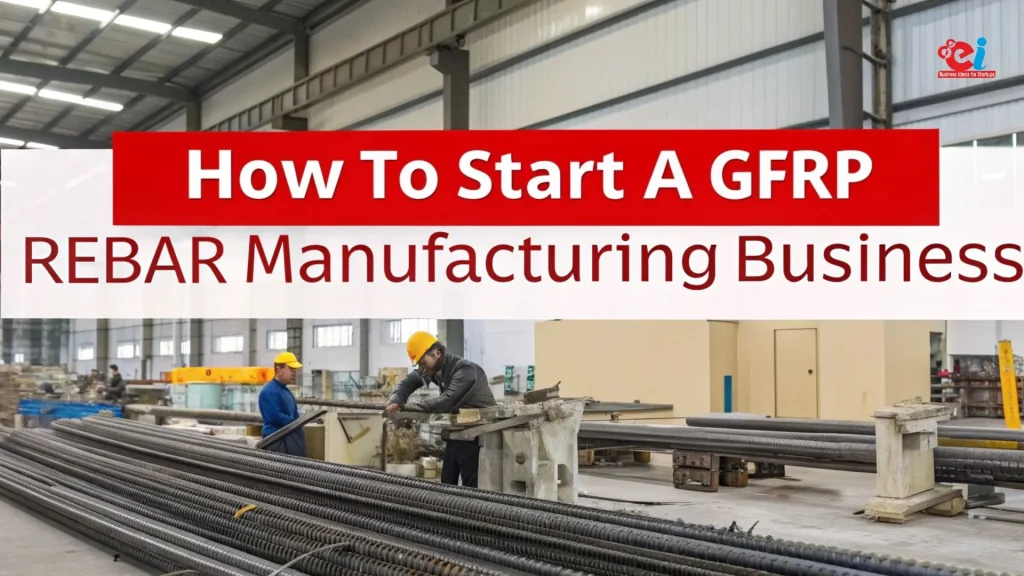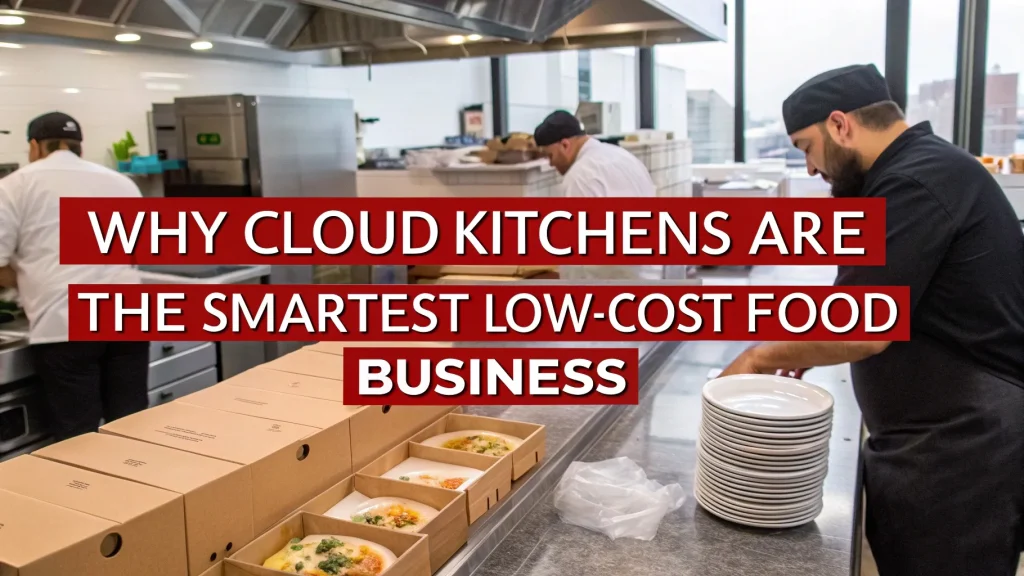Starting a Resin Epoxy Adhesive business presents a highly profitable opportunity in today’s evolving industrial and commercial landscape. As demand surges in construction, automotive, electronics, aerospace, marine, and home décor sectors, epoxy-based products have secured a strong foothold in both B2B and B2C markets. If you have been contemplating entering the specialty chemicals or industrial adhesive sector, Resin Epoxy Adhesive manufacturing offers strong scalability, diverse application potential, and attractive ROI.
Understanding Resin Epoxy Adhesive: Industry Scope and Market Demand
Resin Epoxy Adhesive is a versatile thermosetting polymer known for its excellent mechanical strength, chemical resistance, and long-term durability. These adhesives are extensively used for bonding metals, plastics, wood, ceramics, glass, and concrete. Unlike traditional adhesives, epoxy resins provide superior bonding in extreme environments, which makes them the go-to solution for industrial-grade applications.
With increasing demand in sectors such as automotive, construction, electronics, defense, and even art & DIY crafts, the Resin Epoxy Adhesive industry is experiencing exponential growth. According to market research, the global epoxy adhesive market is projected to grow at a CAGR of over 6.5% between 2024 and 2030, indicating a lucrative landscape for new entrants.
Step-by-Step Guide to Starting a Resin Epoxy Adhesive Business
1. Conduct Market Research and Identify Your Niche
Before venturing into the Resin Epoxy Adhesive business, thorough market research is essential. Determine the primary target sectors in your region—whether it’s construction, electronics, woodworking, or general-purpose adhesives. Understanding regional demands, pricing structures, customer expectations, and competition will help you position your business effectively.
You can choose from several epoxy adhesive categories:
- Structural epoxy adhesives
- General-purpose epoxy adhesives
- High-temperature epoxy adhesives
- Epoxy adhesives for art & craft
By choosing a niche, you can develop specialized products and carve out a loyal customer base.
2. Business Registration and Compliance
To operate legally and professionally, register your business as an MSME, private limited company, or LLP as per your scale. Obtain:
- GST registration
- Pollution control certification
- Factory license (if manufacturing)
- Import-export license (if applicable)
- Safety and hazardous material handling certification
You must comply with local environmental regulations, especially since epoxy resins involve chemical handling.
3. Set Up a Manufacturing Unit
The heart of a Resin Epoxy Adhesive business is its manufacturing plant. Depending on your budget and scale, you can choose semi-automated or fully automated production systems.
Minimum space requirement: 1000–3000 sq. ft. for small-to-medium scale
Key infrastructure components:
- Proper ventilation and chemical storage
- Raw material storage
- Mixing and formulation zone
- Curing chamber (if required)
- Packaging section
- Quality control laboratory
Ensure all safety protocols are implemented to avoid chemical accidents.
4. Raw Materials and Formulation
Quality raw materials are the backbone of any high-performing Resin Epoxy Adhesive. Common raw materials include:
- Epoxy resin (Bisphenol A, Bisphenol F)
- Curing agents/hardeners (Aliphatic and aromatic amines, anhydrides)
- Fillers and thickeners
- Accelerators and plasticizers
- Solvents (if required)
Formulations vary based on the end application. Having an experienced chemical formulator or polymer chemist in your team is highly beneficial. R&D plays a vital role in improving the performance and durability of your adhesives.
5. Machinery and Equipment Needed
Investing in the right machinery ensures consistent production and quality. Essential equipment includes:
- Mixing tanks/reactors (stainless steel or lined)
- Dispersers or high-speed mixers
- Storage tanks for raw materials
- Filling and packaging machines
- Labeling machines
- Quality testing instruments (viscometer, tensile strength tester, etc.)
Automated machinery reduces labor costs and increases efficiency.
6. Packaging and Branding
Effective packaging enhances product shelf life and user convenience. Common packaging options:
- Syringes/tubes for DIY and repair kits
- Cans/jars for general-purpose adhesives
- Bulk drums for industrial buyers
Invest in attractive labeling, tamper-proof sealing, and user-friendly instructions. Strong branding communicates product reliability and boosts customer trust.
7. Create an Omnichannel Marketing Strategy
To promote your Resin Epoxy Adhesive business, use both online and offline marketing tactics:
- Build a professional website with product catalog, datasheets, and safety documentation.
- Leverage social media platforms (LinkedIn, Instagram, YouTube) to showcase product use-cases.
- Participate in trade shows and industry exhibitions.
- List on B2B marketplaces like IndiaMART, Alibaba, TradeIndia, and Amazon Business.
- Offer free samples to industrial clients and distributors for initial testing.
SEO-optimized content, blogs, and video demonstrations can attract significant web traffic and generate leads.
8. Distribution Channels and Sales Strategy
Develop a robust supply chain for smooth distribution. You can sell through:
- Industrial distributors and dealers
- Construction and hardware stores
- Online platforms and your own ecommerce portal
- Direct sales to OEMs and factories
Offer volume discounts, loyalty rewards, and technical support to retain customers.
9. Hiring and Training
A skilled workforce ensures smooth operations. Key personnel required:
- Chemical engineer/formulator
- Production manager
- Machine operators
- Packaging staff
- Quality control analysts
- Sales and marketing professionals
Regular safety training and quality workshops help maintain standards.
10. Financial Planning and Profitability
Initial investment in a small-scale Resin Epoxy Adhesive business may range from ?10–25 lakhs. This includes machinery, setup, raw materials, labor, and marketing.
Profit margins vary from 20% to 35%, depending on your product line and operational efficiency. High-volume industrial orders significantly boost profitability.
Consider applying for government subsidies under MSME schemes, which support manufacturing businesses with interest subsidies, capital support, and R&D funding.
11. Legal Safety and Waste Management
Epoxy and hardeners are classified under hazardous chemicals, hence handling, storage, and disposal must align with the Hazardous Waste Management Rules. You must:
- Train employees in chemical handling
- Store materials in certified chemical-grade containers
- Partner with authorized waste disposal agencies
- Display MSDS and hazard information in all working zones
Proper waste management ensures both environmental safety and regulatory compliance.
12. Scaling and Diversification
Once you establish a strong foothold in the local market, expand your offerings to include:
- Epoxy flooring resins
- Casting resins for art and jewelry
- High-performance structural adhesives
- Custom formulations for niche industrial needs
Invest in R&D and certifications like ISO 9001, REACH, or RoHS to enhance product credibility and enable exports.
Conclusion
Entering the Resin Epoxy Adhesive market offers massive scope for innovation and profitability. By focusing on product quality, regulatory compliance, and effective marketing, you can build a brand that earns long-term trust across industries. With consistent demand and endless possibilities for specialization, this business promises strong returns on investment and steady growth.
Visit the page Select and Choose the Right Business Startup for You for sorting out the questions arising in your mind before starting any business and know which start-up you can plan. We, at NPCS, endeavor to make business selection a simple and convenient step for any entrepreneur/startup. Our expert team, by capitalizing on its dexterity and decade’s long experience in the field, has created a list of profitable ventures for entrepreneurs who wish to diversify or venture. The list so mentioned is updated regularly to give you a regular dose of new emerging opportunities.




